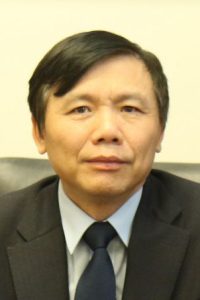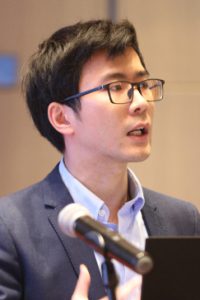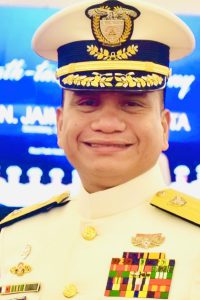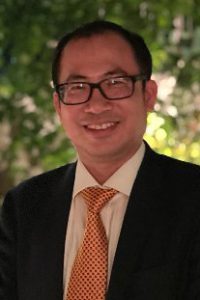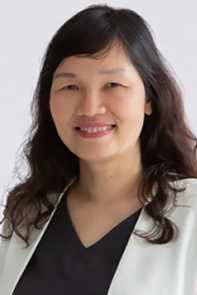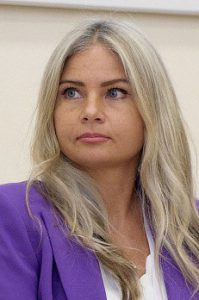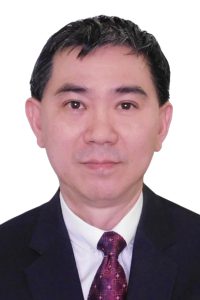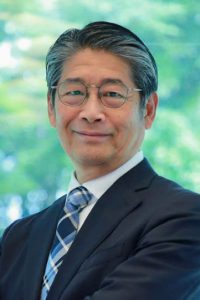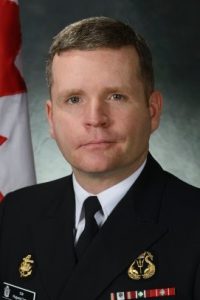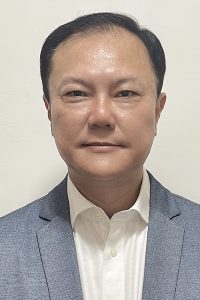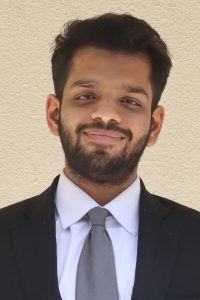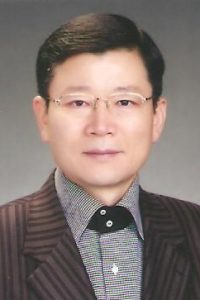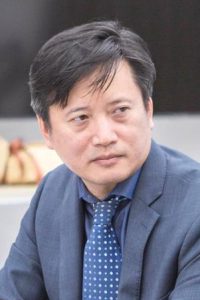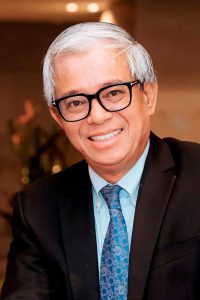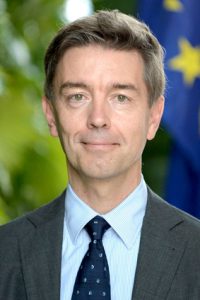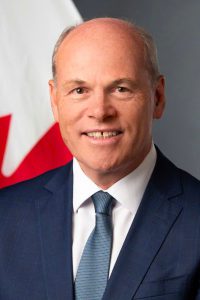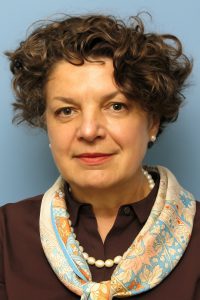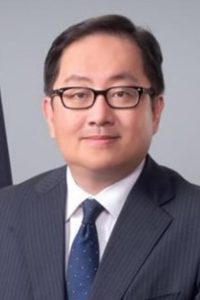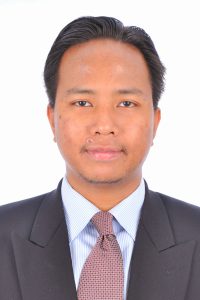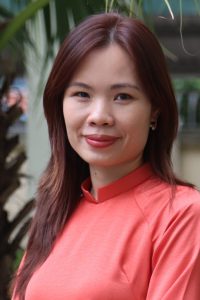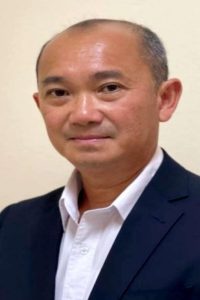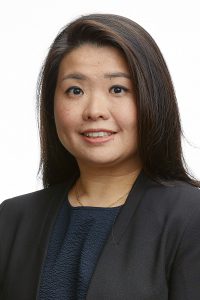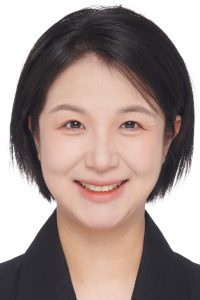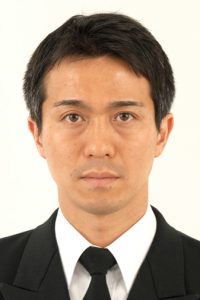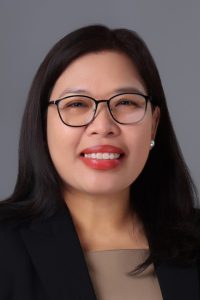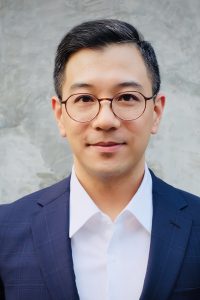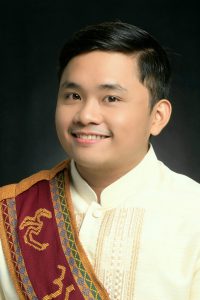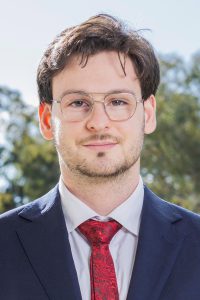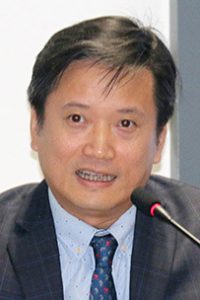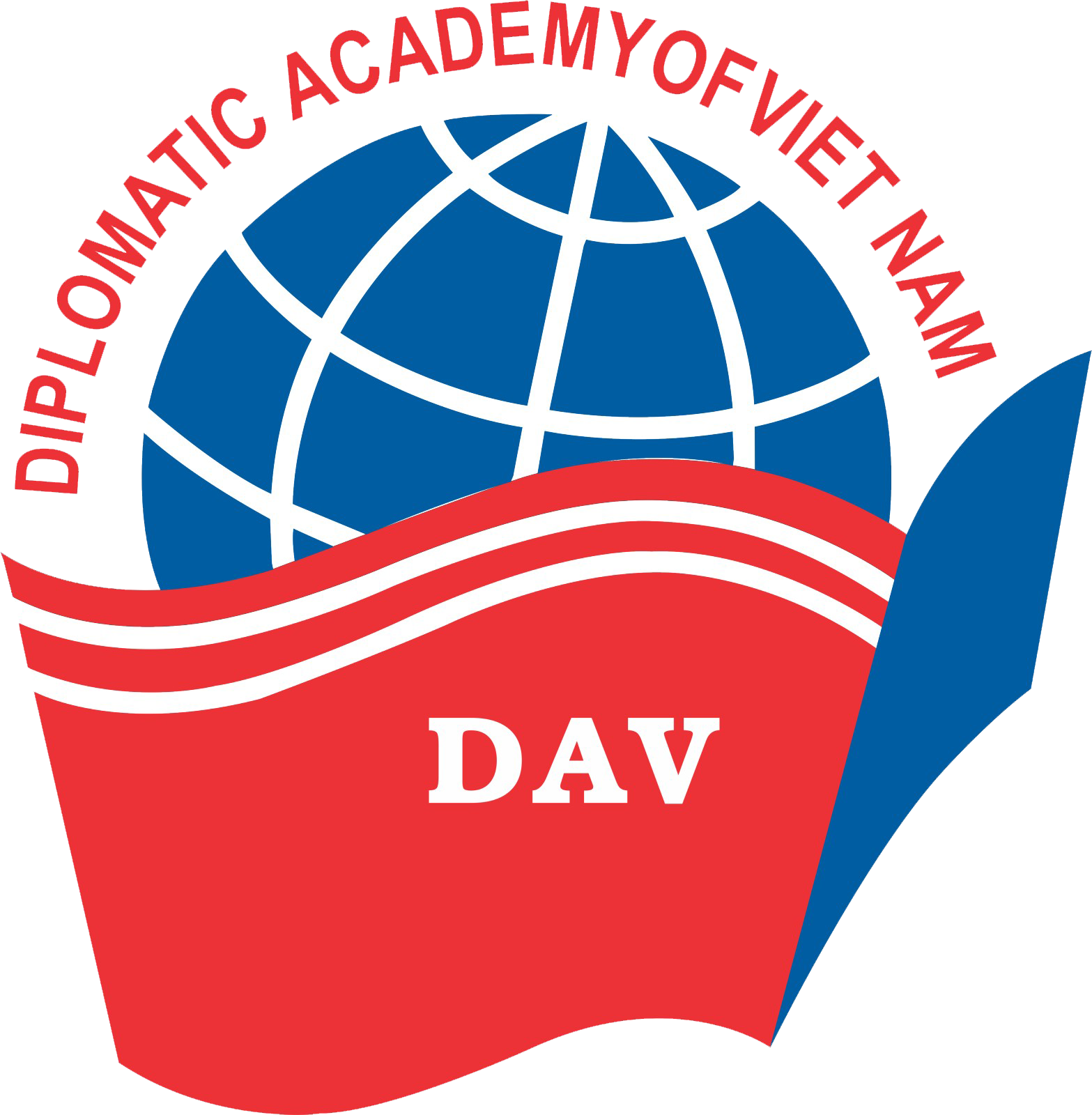The 17th South China Sea International Conference
UNITY IN UNCERTAINTIES
OPENING
3 November 2025 (Monday): 9.00 A.M – 10.00 A.M (GMT+7)
Sheraton Grand Hotel, Da Nang
OPENING REMARKS
9.00 am – 9.15 am
Dr. Nguyen Hung Son, President, Diplomatic Academy of Viet Nam
KEYNOTE
9.15 am – 9.30 am
H.E. Dr. Nguyen Manh Cuong, Member of the Central Committee of the Communist Party of Viet Nam, Deputy Minister of Foreign Affairs of Viet Nam
SPECIAL GUESTS’ KEYNOTE (VIDEO RECORDINGS)
9.30 am – 9.45 am
– The Hon. Matt Thistlethwaite MP, Assistant Minister for Foreign Affairs and Trade, Australia
– The Hon. Seema Malhotra MP, Parliamentary Under-Secretary of State for the Indo-Pacific, the United Kingdom Foreign, Commonwealth and Development Office; Minister for Equalities, the United Kingdom Department of Education
SESSION 1. A Reality of (Un)Stable Sea?
10.00 am – 11.30 am
Moderator:
• H.E. Amb. Dang Dinh Quy, Former Deputy Minister of Foreign Affairs, Viet Nam
Speakers:
• Dr. Bec Strating, Director, La Trobe Asia, La Trobe University, Australia
• Dr. Yinan Bao, Research Fellow, Huayang Center for Maritime Cooperation and Ocean Governance, China
• Commodore Jay Tarriela, Philippine Coast Guard Spokesperson on West Philippine Sea Concerns, the Philippines
• Mr. Ray Powell, Founder and Director of Sealight, Stanford University, the United States
• Dr. Do Thanh Hai, Deputy Director, South China Sea Institute, Diplomatic Academy of Viet Nam, Viet Nam
SESSION 2. Great Powers’ Strategic (Un)ambiguities?
1.30 pm – 3.00 pm
Moderator:
• Amb. Dr. Pham Lan Dung, Former Acting President, Diplomatic Academy of Viet Nam; President, Asian Society of International Law
Speakers:
• Dr. Zhao Minghao, Senior Research Fellow of the Institute of International and Strategic Studies (IISS), Peking University; China Forum Expert, Center for International Security and Strategy, Tsinghua University, China
• Ms. Henrietta Levin, Senior Fellow, Freeman Chair in China Studies, Center for Strategic and International Studies, the United States
• Dr. Yana Leksyutina, Deputy Director, Institute of China and Contemporary Asia, Russian Academy of Sciences, Russia
• Mr. Michal Bogusz, OSW Center for Eastern Studies, Poland
• Dr. Tang Siew Mun, Senior Fellow, Yusof Ishak Institute, Singapore
SESSION 3. The (Un)interruption of Maritime Techno-politics?
3.15 pm – 4.45 pm
Moderator:
• H.E. Ito Naoki, Ambassador of Japan to Viet Nam
Speakers:
• Captain Hugues Canuel, Adjunct Assistant Professor, Royal Military College of Canada
• Dr. Shr Yi Chin, College of Business, Fintech and Green Finance Center, National Taipei University, Chinese Taipei
• Mr. Soham Agarwal, Associate Fellow, National Maritime Foundation, India
• Dr. Sam Man Chung, Director, Center for Maritime Security, Korea Institute for Maritime Security
• Dr. Hanna Shelest, Director, Security Studies and Global Outreach Programmes, Foreign Policy Council ‘Ukrainian Prism’
DAY 2: THE QUEST FOR UNITY
4 November 2025 (Tuesday): 9.00 A.M – 5.00 P.M (GMT+7)
Sheraton Grand Hotel, Da Nang
“AMBASSADOR LOUNGE”: Peace through Shared Responsibilities
9.00 am – 10.30 am
Moderator:
• Dr. Nguyen Hung Son, President, Diplomatic Academy of Viet Nam
Speakers:
• H.E. Amb. Pham Quang Vinh, Former Deputy Minister of Foreign Affairs of Viet Nam
• H.E. Julien Guerrier, Ambassador of the European Union to Viet Nam
• H.E. Jim Nickel, Ambassador of Canada to Viet Nam
• H.E. Helga Margarete Barth, Ambassador of Germany to Viet Nam
• H.E. Ito Naoki, Ambassador of Japan to Viet Nam
SESSION 4. ASEAN at the Helm
10.45 am – 12.15 am
Moderator:
• H.E. Dato’ Tan Yang Thai, Ambassador of Malaysia to Viet Nam Speakers:
• Mr. Raksmey Him, Executive Director, Cambodian Center for Regional Studies, Cambodia
• Dr. Nguyen Thi Thuy Trang, University of Social Science and Humanities, Viet Nam National University, Viet Nam
• Mr. Asoka Rasphone, Deputy Director-General, Institute for Foreign Affairs, Ministry of Foreign Affairs, Laos
• Ms. Jane Chan Git Yin, Senior Fellow, S. Rajaratnam School of International Studies (RSIS), Nanyang Technological University, Singapore
• Prof. Ralf Emmers, Department of Politics and International Studies, School of Oriental and African Studies, University of London, the United Kingdom
SESSION 5. UNCLOS as Anchor of Maritime Stability
1.30 pm – 3.00 pm
Moderator:
• H.E. Gillian Bird, Ambassador of Australia to Viet Nam
Speakers:
• Prof. Lei Xiaolu, China Institute of Boundary and Ocean Studies, Wuhan University, China
• Dr. Katsuo Hirano, Assistant Legal Affairs General, Japan Joint Staff, Japan Ministry of Defense
• Atty. Fretti Ganchoon, Senior State Counsel, Department of Justice of the Philippines
• Dr. Krisdakorn Wongwuthikun, Assistant Professor, Thammasat University, Thailand
• Mr. Tran Huu Duy Minh, Vice Dean, Faculty of International Law, Diplomatic Academy of Viet Nam, Viet Nam
SESSION 6. Youth Power: Overcoming Ambiguity, Strengthening Unity
3.15 pm – 4.45 pm
Moderator:
• Mr. Lewe Paul, Resident Representative, Konrad Adenauer Foundation Office in Viet Nam
Speakers:
• Ms. Nitya Lahb, Chatham House & Centre for Humanitarian Dialogue, the United States
• Mr. Hasif Imran, Monash University, Malaysia
• Mr. Daniel Jann S. Cotia, School of Urban and Regional Planning, University of the Philippines Diliman, the Philippines
• Mr. Rupert Azzopardi, The University of Melbourne, Australia
CLOSING REMARKS
4.45 pm – 5.00 pm
